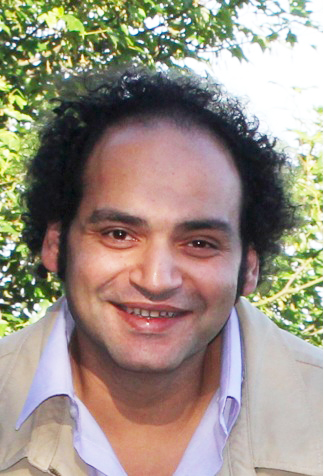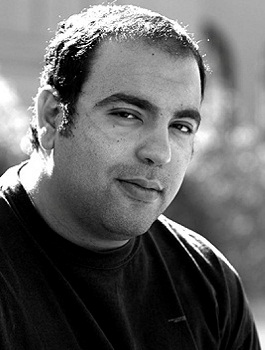An individual in the face of an institution is one of the most prominent dilemmas in politics.
With an individual’s decisions, creativity, and innovative solutions come, and may be resisted by institutions. With an individual’s decisions, wrong decisions that must be limited by institutions may also come.
Institutionalism means the multiplicity of decision-making authorities and their balance as well as not concentrating decisions in the hands of a specific person who orders while the rest obey without room for opposition. Institutionalism has become one of the main characteristics of modern societies because it means rationalisation in decision making and preventing giving priority to an individual’s interest over the public interest.
Some Muslim scholars considered “consultation” necessary, as decision-making should be made by an entire institution rather than a single individual.
To make the picture clearer, a leading individual in underdeveloped societies (non-industrial, non-democratic, and non-institutional), is like someone sailing a ship to the east, the west, the north, or the south without any restrictions on his decision.
Examples are plenty. Let’s start with former president Gamal Abdel Nasser, who took a socialist path and redistributed incomes through nationalisation, confiscation, identification of agricultural holdings, and the establishment of the public sector, with investments in companies and factories owned by the state. He also eliminated political parties, nationalised the political life, and took complete control over the civil society institutions. Whether this was wrong or right is irrelevant here. What if Abdel Nasser chose the opposite path; would anyone have been able to stop him? The answer is a certain no.
This is exactly what former president Anwar El-Sadat did. Egypt turned from an ally of the Soviet Union into an ally to the west. From socialism to openness; from a one-party system to an apparent multi-party system; from an enemy of Israel to a state of peace with it; from Arab nationalism into an isolation from Arabs; from complete estrangement with the Muslim Brotherhood to taking them out of prison and allowing them to spread and expand, and so forth. Whether this is considered wrong or right, would something have been able to stop El-Sadat if he chose to go down the opposite path?
In countries with well-established democracies (consolidated democracies), rulers are more like drivers of trains who drive down a specific road with a range that is approved in advance. He can either speed up or slow down, to stop at a station or pass it. Even if he takes a different path, he has to make other train tracks, and if he can’t stay on the same path, there will be elections where rulers become the ruled and the opposite is true.
Trump is different. He wants to sail a ship that is actually a train meant to be driven down a certain railway. He challenges constants and sees himself as the interrupter, the person who came to eliminate the usual policies in Washington. He believes that those who elected him chose him for this responsibility.
He is like a virus in the US operating system, and now there is a great test to see how resistant the American system is to unilateralism in power.
Trump has issued 20 decrees in 10 days, and fired anyone who differed with any of his decisions. He does not even take into consideration the established traditions in addressing presidents of other countries. He issues threats as though he is making a promise, and does not care about American policies such as human rights, the American dream, and giving everybody a chance. He has no trouble making racist and sectarian judgments on many non-white Americans.
He announces proudly that his daughter and her husband, as well as his other daughter and her fiancé are Jewish. The US is giving up, in his era, the idea of the peace passenger which it used to announce without actual implementation in the Middle East.
He is not a capitalist in the traditional sense of American capitalism. His sources of income are mostly from brokerage, entertainment, building hotels, casinos, beauty pageants, and TV and radio programmes
He is the closest he can be to an adventurer who seeks to break the rules and be different without predictability because he thinks he is smarter than everybody else. Part of his personality analysis suggests that he has personality disorders type “B”, a dramatic narcissist personality.
In underdeveloped countries, political psychology which takes special interest in the leader’s personality, childhood, and personal complexes is major, because if you recognise what the leader wants, you will understand major political interactions in the country.
Trump is a case where taking interest in his personality is no less important than studying institutions because he put himself above these institutions, and institutions either triumph or are defeated.
The password is “representatives of the Republican party” who now occupy the majority of the congress. They either win for the democratic traditions or they win for Trump’s rowdiness.


